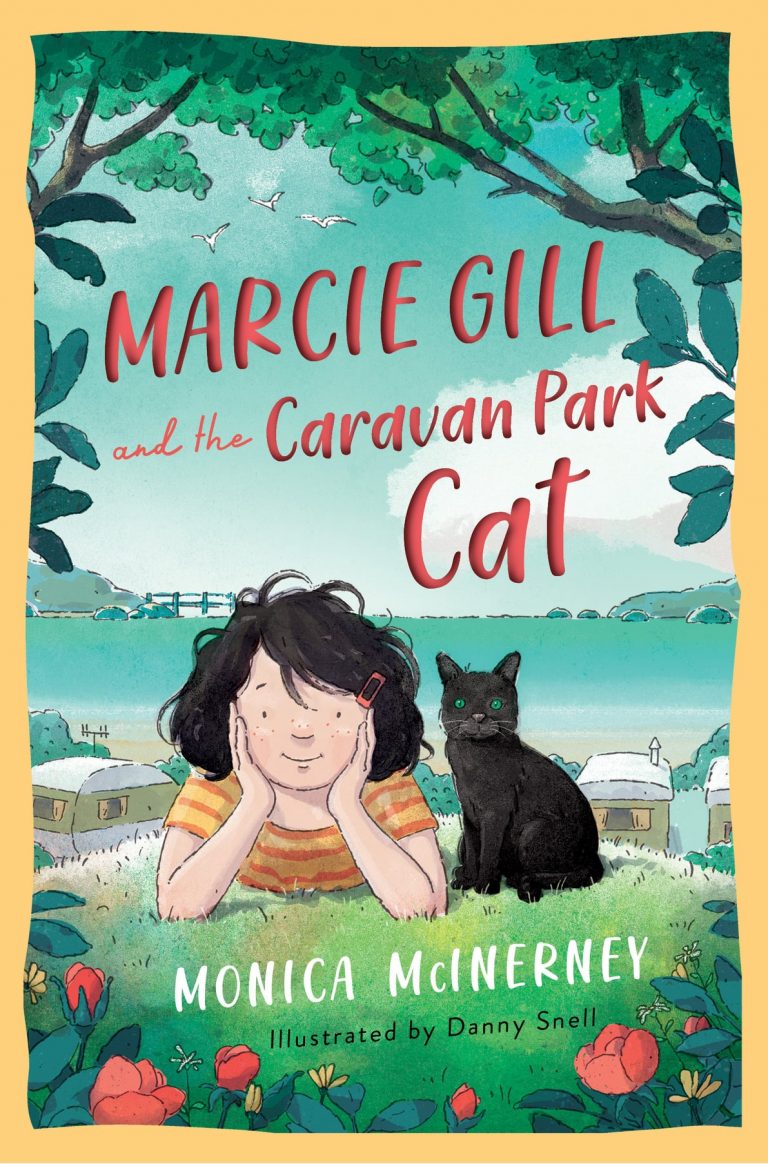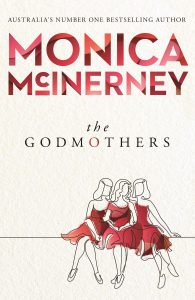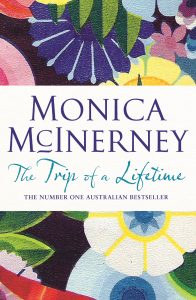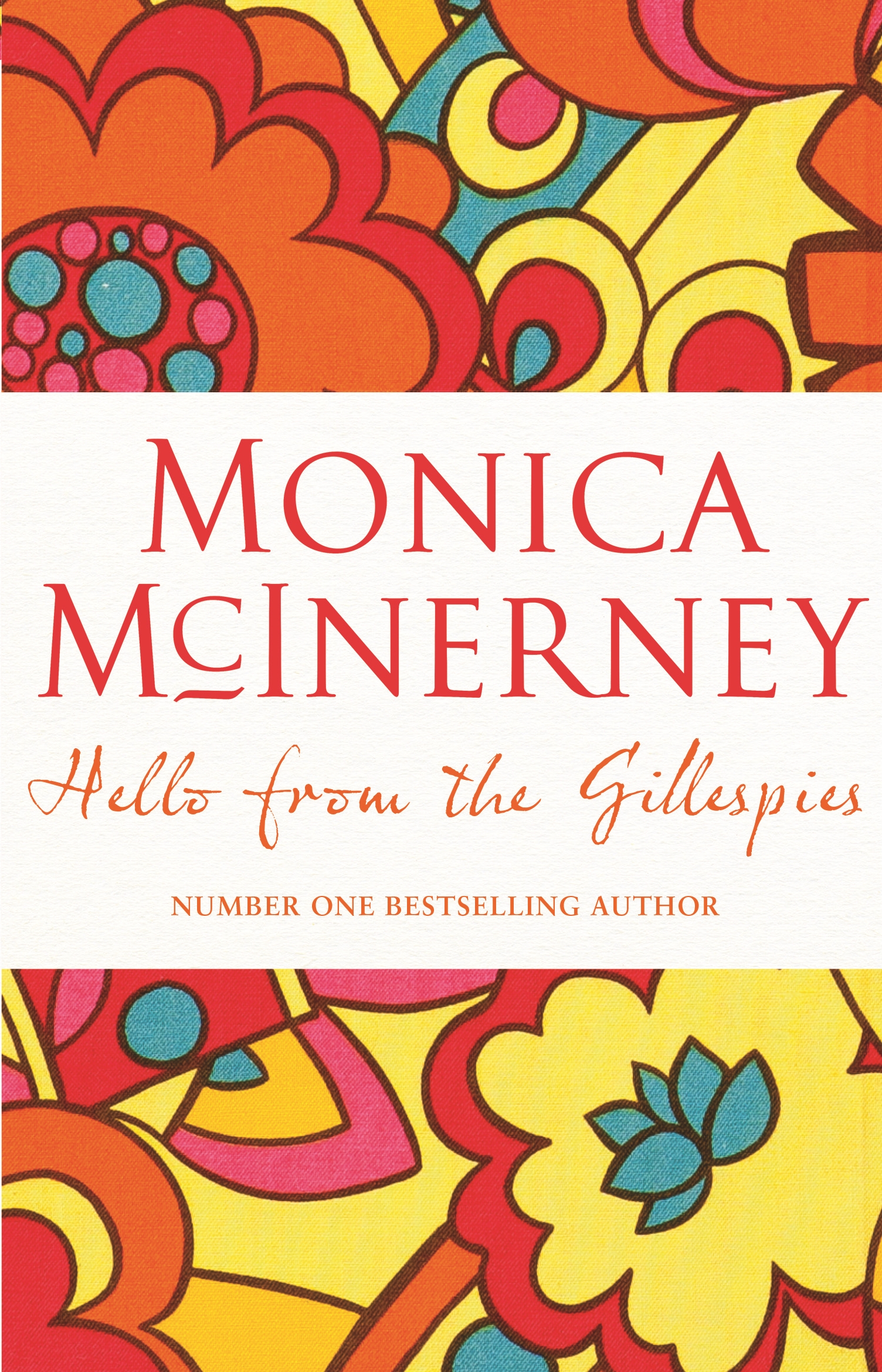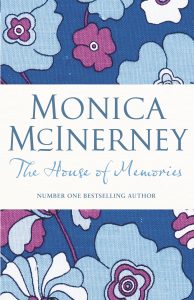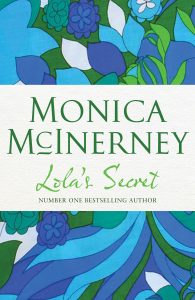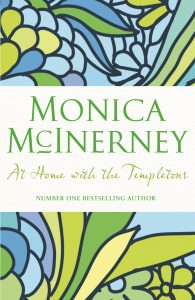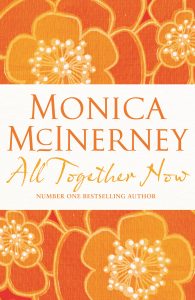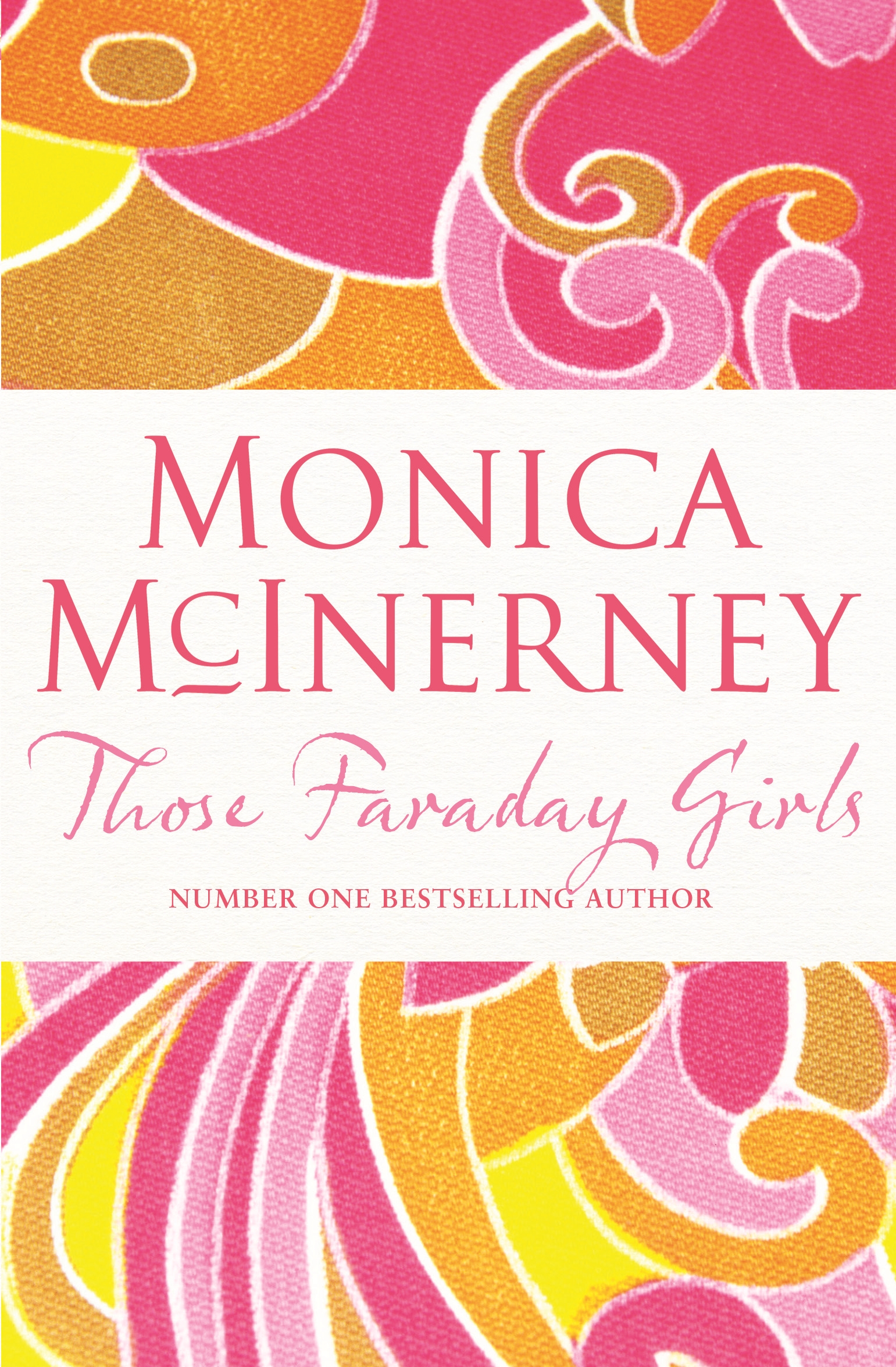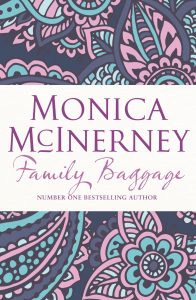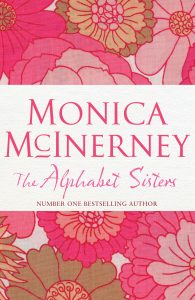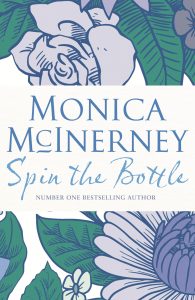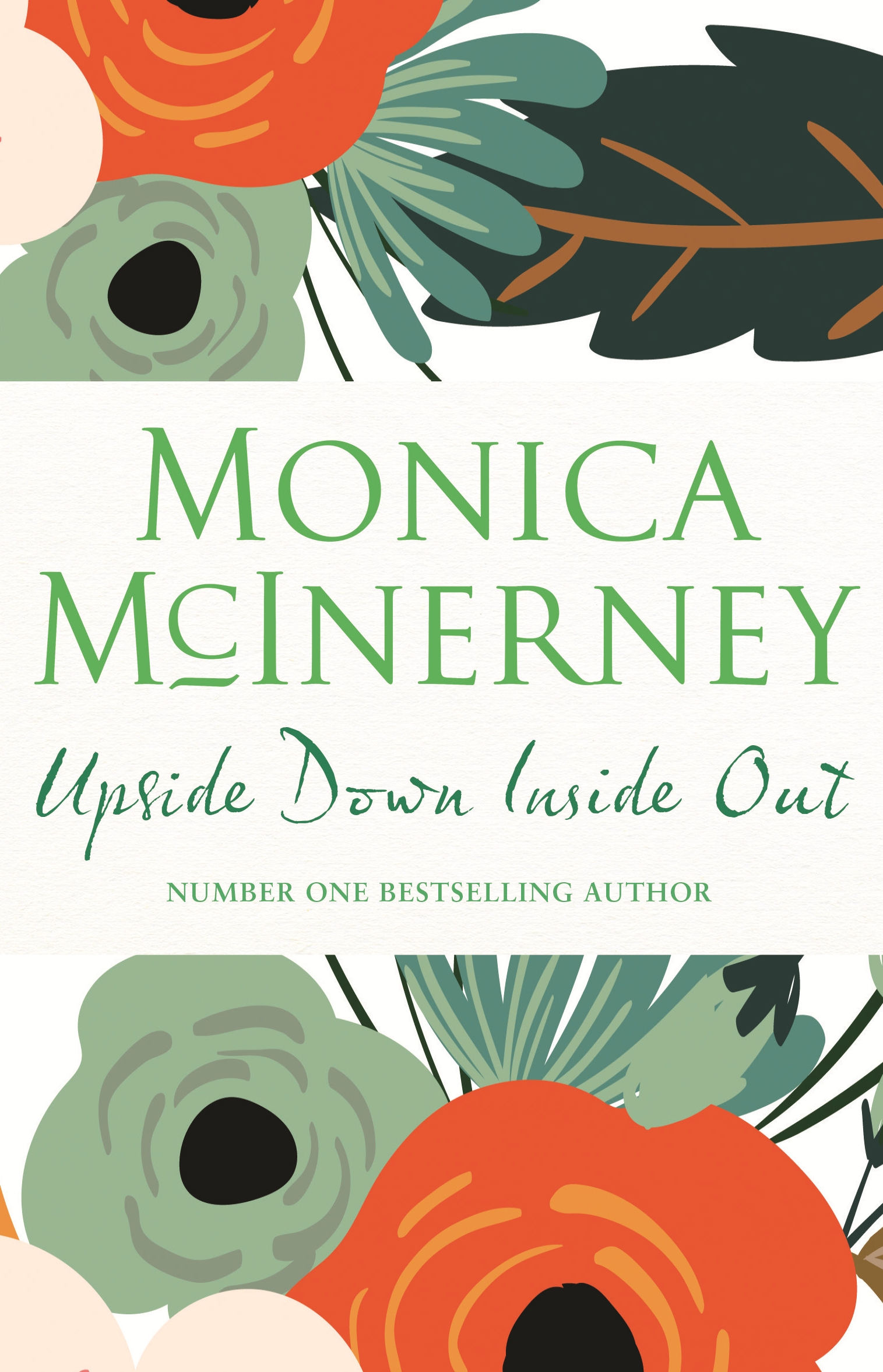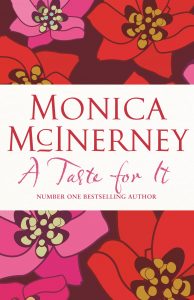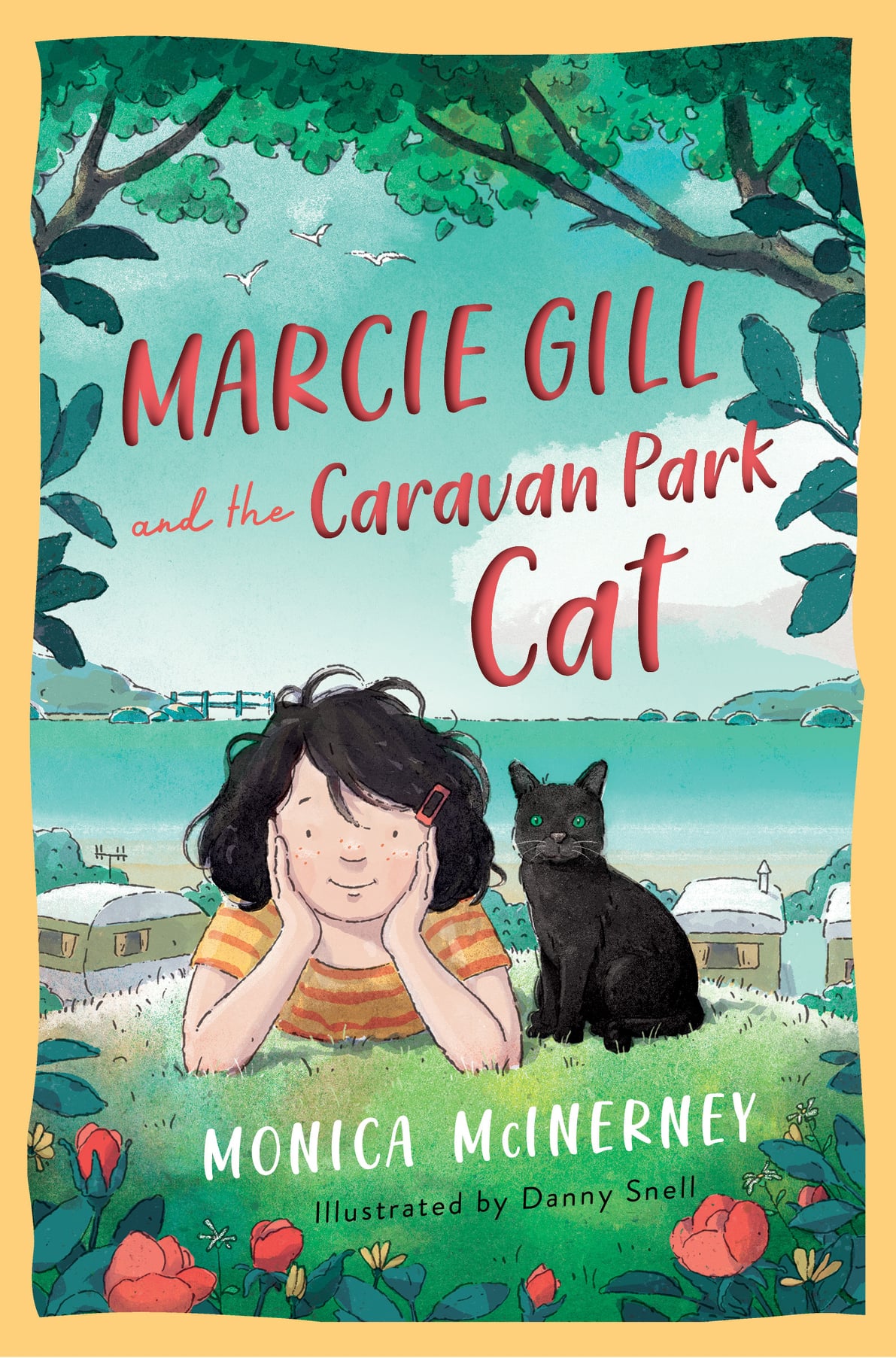Better Reading Q&A
Congratulations on the release of your book (and an incredible 20 years of publishing!) And thank you so much for taking the time to provide us with a Q&A.
Thank you all at Better Reading very much for your great support to me and so many Australian authors.
What inspired the idea behind this book?
My long-time fascination with families and family secrets, particularly those that one generation keeps from the next. Two family stories planted the seeds. In 1957, before I was born, my father’s half-sister drowned in an underground water tank on the family farm. There was always an air of mystery around her death, but try as I might, I could never find out more about it from her generation. In more recent years, my big sister’s oldest friend presented her with a bound collection of the long, detailed emails and letters they’d sent each other in their action-packed thirties. My sister has made her husband promise that if anything ever happens to her, the first thing he has to do is destroy that book so their four children can’t read it. Those two stories aren’t part of the plot of The Godmothersbut they definitely helped me reflect on the book’s central theme: the secrets we all have in our families, and when – or if – they should ever be shared.
What was the research process like for the book?
Location-wise, I visited every setting: Melbourne, Edinburgh, Gretna Green, the Scottish Highlands, London and also several locations in Ireland. I went to most places once, and returned to do fact-checking wherever possible. I had a special trip in January this year to Edinburgh, with my visiting 18-year-old Australian niece Ruby. We went to each location that appears in The Godmothers, my manuscript in hand, double-checking descriptions and geography. The Godmothers also explores complicated themes to do with mental health, anxiety and grief, and I read widely on each. I also spoke to people who worked in boutique hotels, conference management and the airline industry, among others. The research is one of my favourite parts of the writing process. I do all I can to get my facts right.
What was the most challenging part of writing this book?
Apart from fighting the usual self-doubt that comes with every novel, even after 13 books and 20 years, my big challenge with The Godmothers was to keep my supporting characters under control. It’s a family mystery, following 30-year-old Eliza as she goes in search of the father she’s never met and the truth about her troubled mother’s life, helped – or is it hindered? – by her two godmothers. But as she travels from Australia to Scotland and beyond, she meets two characters in particular: a foulmouthed elderly Scottish woman who has taken up residence in her godmother’s boutique hotel in Edinburgh, and a quirky young Australian boy, 11 going on 111, who befriends her when they meet on the plane to Scotland. Both Celine and Sullivan unexpectedly leapt into my mind and onto the page. I had such fun writing their plotlines and dialogue, especially when they were in scenes together. I had to make sure I continued to stay focused on my main plot as well.
What is something that has influenced you as a writer?
Books, books, books. I’ve learned so much about being a writer by being a reader. I still try to read at least two books a week. I learn something about plot, dialogue or characterisation every time. But I also treasure the ten years I spent working in book publicity in Ireland and Australia, in my twenties (30 years ago now.) I met and worked with authors including Roald Dahl, Tim Winton, Margaret Mahy, Toni Morrison, Max Fatchen, Edna O’Brien, Roddy Doyle and Garrison Keillor among others. I listened to many of their interviews and spoke off-air with them too. It was like doing a writing course by osmosis. I learned that there are so many different approaches to writing, all as individual as each authors’ books and imagination. But what each writer had in common was dedication, passion and perseverance. Their example has helped keep me going over the past 20 years.
What’s your daily writing routine like, and what are you working on at the moment?
I’m very disciplined. I write 2000 words a day. I might delete 1990 the next day, but I’m always taken one step further into my story. I’m in the early stages of my next adult novel, imagining the new characters, their relationships and deciding on the big ‘emotional explosion’ I plan to throw into their midst. I’m also in the final editing stage of my first children’s book which will be published by Penguin in April 2021. It’s called Marcie Gill and the Caravan Park Cat and is a family story for young readers aged 10 and under, with the fun of magic ingredients too. I’ve loved writing it, and also watching the terrific South Australian illustrator Danny Snell bring my characters to life.
(First featured on Better Reading)
